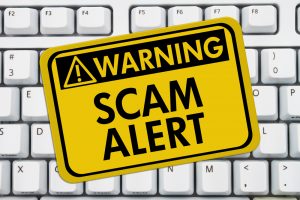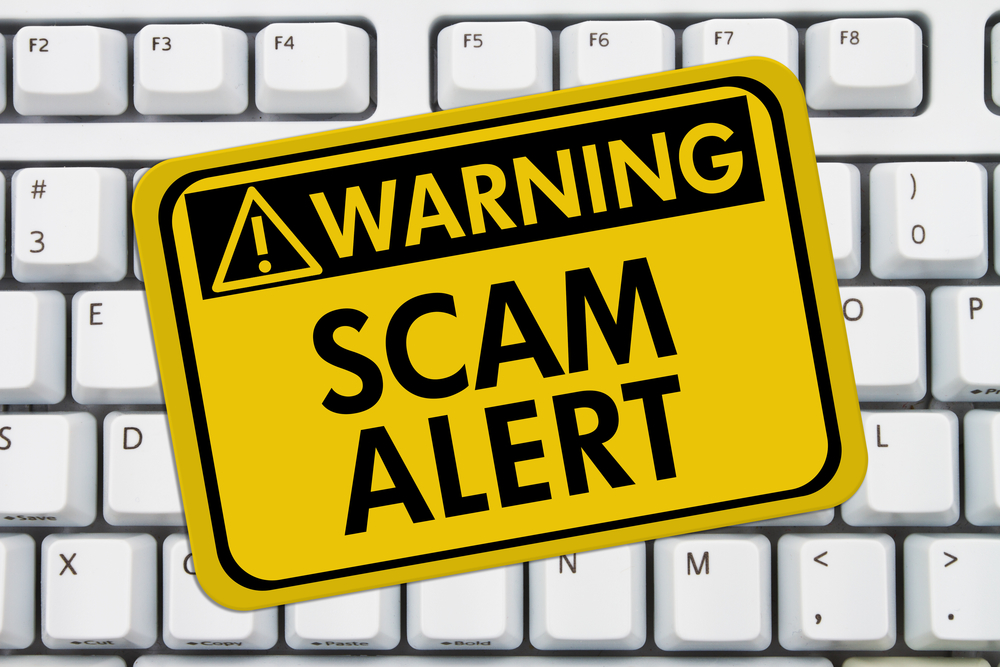
SHERIDAN (WNE) — Internal Revenue Service — Criminal Investigation (IRS-CI) warned Wyoming taxpayers to be alert about possible scams relating to COVID-19 economic impact payments.
Andy Tsui, Special Agent in Charge of the IRS-CI Denver Field Office, made the announcement Thursday in an effort to prevent taxpayers in need from being victimized by criminals using the recently approved payments as an opportunity to commit a crime.
COVID-19 economic impact payments will be on their way in a matter of weeks.
For most Americans, this will be a direct deposit into their bank account. For the unbanked, elderly or other groups who have traditionally received tax refunds via paper check, they will receive their economic impact payment in this manner as well.
Scammers may try to get you to sign over your check to them or use this as an opportunity to get you to “verify” your filing information to receive your money, and then use your personal information in an identity theft scheme.
Tsui offered the following tips to spot a scam:
• The IRS will not call and ask you to verify your payment details. Do not give out your bank account, debit account or PayPal account information — even if someone claims it’s necessary to get your check.
• If you receive texts or emails claiming that you can get your money faster by sending personal information or clicking on links, delete them. Don’t click on any links in those emails or texts.
• If you receive a “check” in the mail now, it’s a fraud — it will take the Treasury a few weeks to mail those out. If you receive a “check” for an odd amount (especially one with cents), or a check that requires that you verify the check online or by calling a number, it’s a fraud.
For more information, see the IRS website at www.irs.gov/coronavirus.






